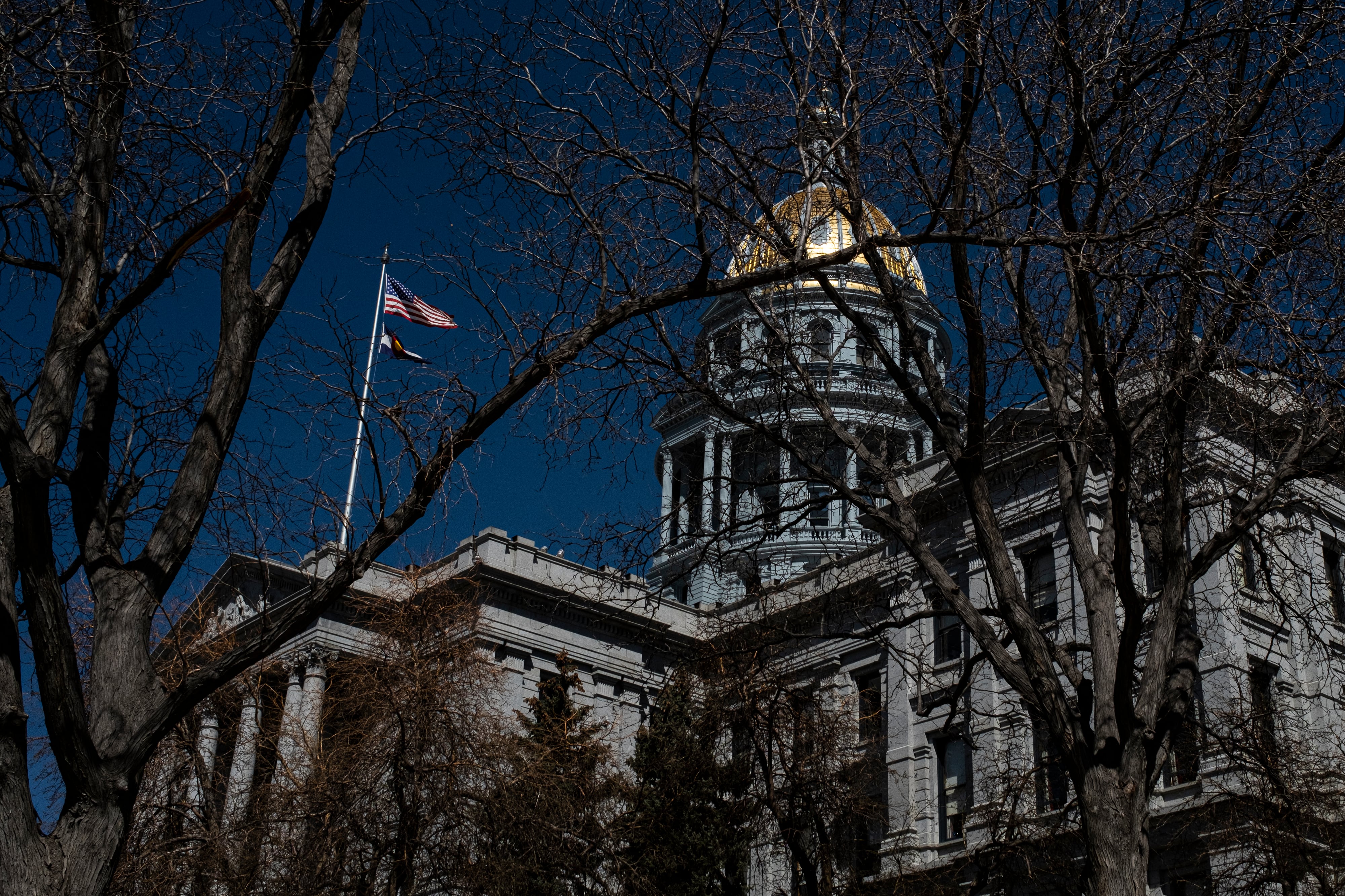Colorado lawmakers might soon consider how to fix an “oversight” preventing community colleges statewide from expanding adult high school diploma programs.
The issue, which involves the ability of colleges and school districts to collaborate on a graduation standard, puts the state’s expansion of adult high school diploma options in jeopardy. It also demonstrates how difficult it is for a state that was the last in the nation to fund adult education to actually help more adults get diplomas.
Of Colorado’s 4.5 million adults, more than 300,000 have no high school diploma. During this year’s legislative session, Democratic lawmakers prioritized bettering education for them. Advocates said this year’s law is supposed to give adult learners more options by allowing colleges to confer a diploma.
Senate Bill 7 — enacted this year to address adult education — increased how much the state spends, included digital literacy as a diploma prerequisite, and allowed community colleges to grant high school diplomas to adults. It also asked the colleges to work with local school districts to create diploma standards for adults.
But the counties that community colleges serve also contain many school districts, so picking a graduation standard became untenable, said Landon Pirius, vice chancellor for academic and student affairs for the Colorado Community College System.
“What we wanted was the college system to adopt a graduation standard as a system of community colleges, as opposed to each college picking one of their local district standards,” he said. “It was hard to manage and, frankly, we think it actually hurts the students.”
Colleges, school districts, and nonprofits offer adult education throughout the state. Before the law, community colleges would teach adults students, but only school districts could award them a diploma.
Colleges teach about a third of all adult education programs in the state. College leaders hope expanding adult high school programs would then help the students continue their schooling to earn a certificate or associates.
Originally, the bill asked colleges to set a diploma standard with the state. The bill was amended after Colorado Department of Education officials said there are no statewide adult high school diploma standards, said state Sen. Rachel Zenzinger, an Arvada Democrat who sponsored the bill. Diploma standards are left to school districts.
There was universal agreement in favor of the amendment to have colleges work with districts on a diploma, Zenzinger said.
The problem didn’t become apparent until after the bill was passed. College leaders worried they would have to craft diploma standards based on which region they served. They were also concerned about choosing one district to work with out of many, Pirius said.
Zenzinger wants to propose a change to the law during the 2024 legislative session. A solution hasn’t been figured out, but she said there’s widespread support to get the problem fixed in time for more grant money specified in the bill to come online.
“This was just an oversight in the language of the bill,” Zenzinger said.
Colorado was the last state in the nation to begin funding adult education when it created a grant program in 2014. Even with Senate Bill 7’s infusion of $2 million more a year for adult education programs — bringing the statewide total to $3 million — Colorado still funds its programs at some of the lowest levels in the country.
Paula Schriefer, president and CEO of the Spring Institute for Intercultural Learning, said there’s a huge need statewide for diploma and GED programs. The Spring Institute, which works with adults primarily on language acquisition, supported the bill.
Adults without a diploma tend to earn less than those who graduated high school, according to the Bureau of Labor Statistics. They also face higher rates of unemployment. About a third of adults without a high school diploma read at a sixth grade level, Zenzinger said.
The state has a small number of federally funded high school equivalency programs, Schriefer said. Schools such as Colorado Mountain College have started programs that support adults as they learn. Schriefer said she wants to see the law changed so community colleges, which have proven they can do the work to help adult learners, can get to educating Coloradans.
“We’d be fine with whatever they come up with,” Schriefer said. “We just want there to be multiple avenues through which our population here in Colorado can find an accessible way to get that credential.”
Jason Gonzales is a reporter covering higher education and the Colorado legislature. Chalkbeat Colorado partners with Open Campus on higher education coverage. Contact Jason at jgonzales@chalkbeat.org.





